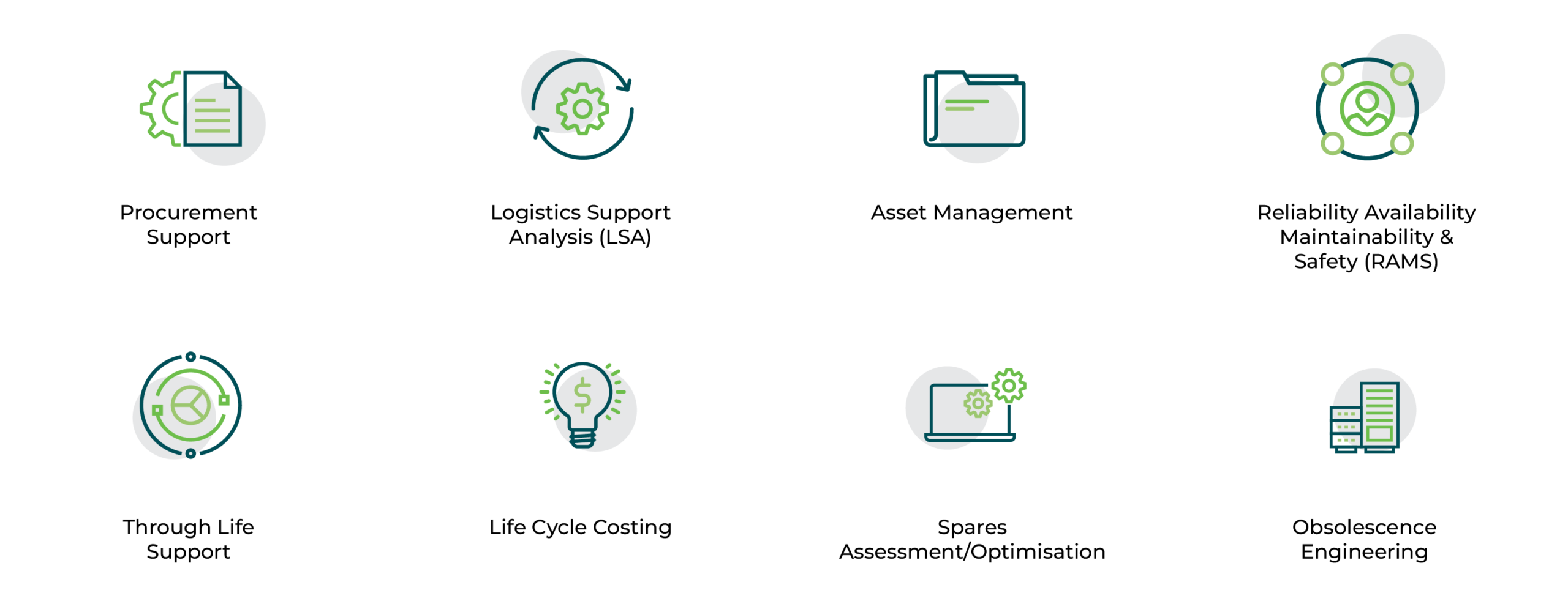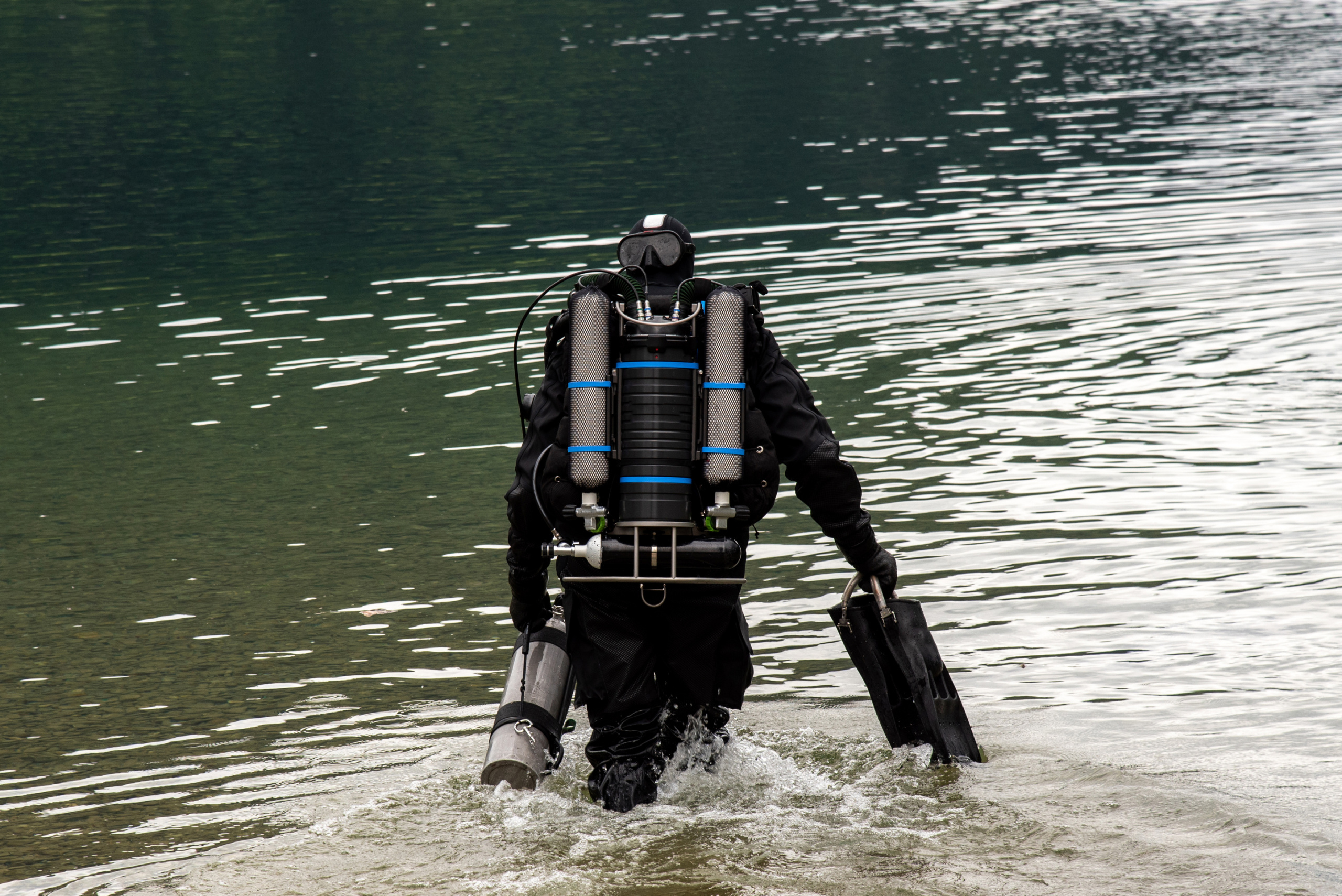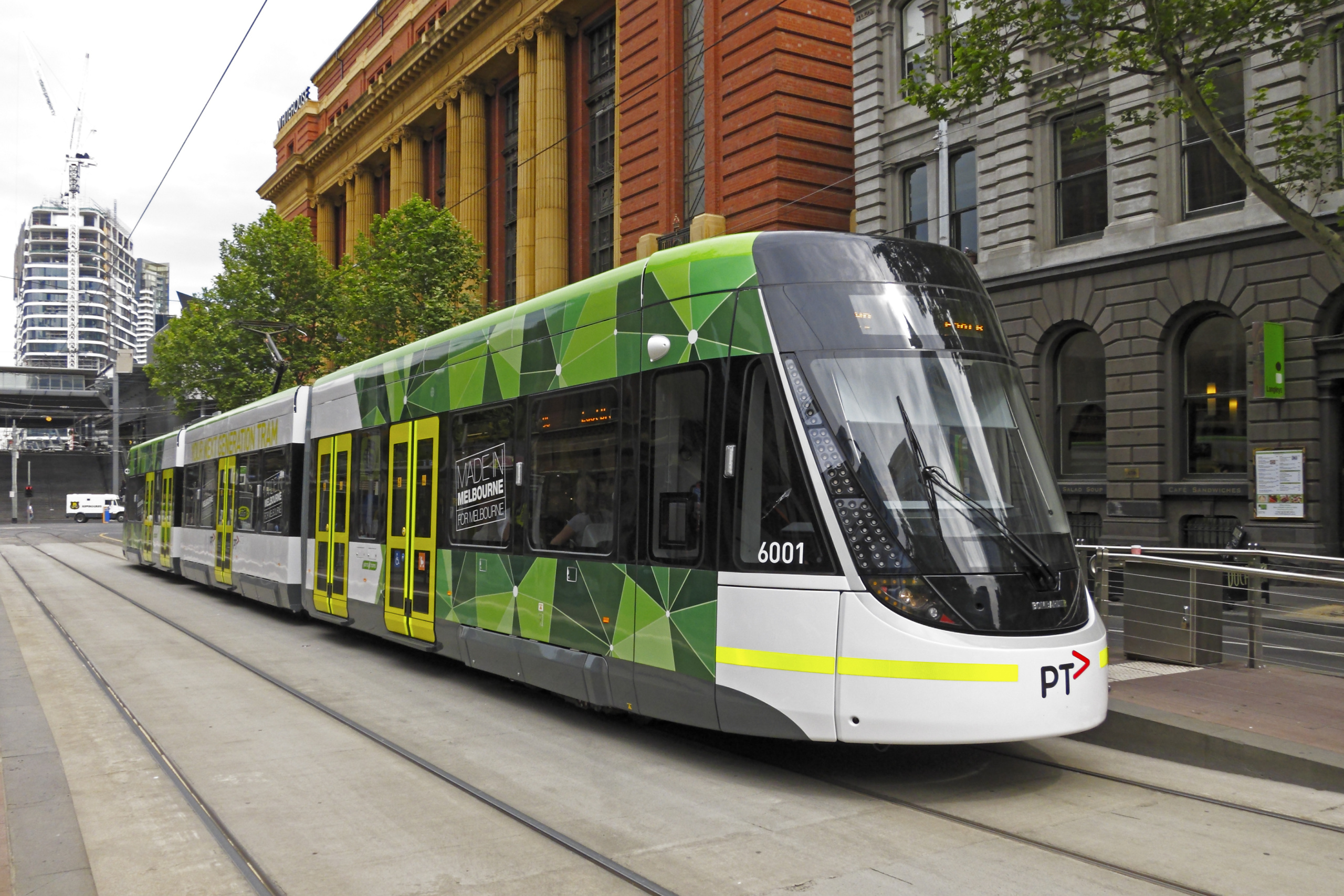Logistics Support & Asset Management
Comprehensive integrated logistics support and asset management services
To discuss how we can assist you with our integrated logistics & asset management services
Systematiq specialises in Integrated Logistics Management for Defence and Asset Management for Rail projects.
Systematiq’s ILS team ensures that your maintenance resources and support networks are focused on necessary actions to keep your assets operating effectively. From writing the Statement of Work to managing the delivery of requirements against a contract, Systematiq can support your business in engaging suppliers and managing the delivery of contracted products or services. Partner with Systematiq to optimise your asset management and procurement needs.
Benefits to our Clients

Our dynamic and responsive ILS Team understands your needs across all facets of your project’s delivery. We provide the operational, logistical and procurement support that is scalable to the scope of your project.
If you require external support to optimise maintenance processes, win procurement contracts, or otherwise streamline your logistics management; contact Systematiq to move your company forward.
Our Services

Procurement Support
Our procurement support services enable sound decision making by providing expertise in data collection and analysis, business case development, risk analysis, supplier selection, contract development and management. Systematiq provides assurance and expert support at every step of the procurement process.
Logistic Support Analysis
We use a highly structured approach to define, analyse, and quantify your logistics support requirements, optimising your maintenance efficiency and reducing the cost of ownership for your assets. Our specialised integrated logistics practitioners will provide you with the knowledge to realise the potential of your business’ capabilities.
Asset Management
Asset management is a systematic process of developing, operating, maintaining, upgrading, and disposing of assets in the most cost-effective manner. It plays a vital role in the rail industry where assets like tracks, trains, signals, and stations all require management. It enhances operational efficiency, optimises costs, ensures safety and regulatory compliance, aids in strategic planning, and contributes to sustainability efforts.
Reliability, Availability, Maintainability, and Safety (RAMS)
Reliability, Availability, Maintainability, and Safety (RAMS) are key capabilities in systems engineering and operations management. They optimize costs, manage risks, improve customer satisfaction, ensure regulatory compliance and enhance operational efficiency. Reliability refers to a system’s ability to perform its functions under specified conditions. Availability measures the operability of a system as required. Maintainability is about restoring system operation quickly after a failure. Safety ensures that the system operates without causing unacceptable harm or damage. Each component has a specific focus and plays a vital role in capability management.
Life Cycle Costing
Life Cycle Costing (LCC) is a method that considers all the costs associated with the acquisition, ownership, and disposal of an asset or system over its entire life cycle. LCC includes initial capital costs, operation and maintenance costs, and disposal costs. It’s a crucial element in capability management, particularly in sectors where Systematiq provides consulting services, such as defence, rail and large infrastructure.
Spares Assessment/Optimisation
Spares Assessment/Optimisation refers to the evaluation and improvement of spare parts inventory. It ensures the right parts are available when needed, minimising downtime and maximising system performance. This involves analysing usage patterns, failure rates, lead times, and costs. Systematiq’s expertise in this area aids in cost-effectiveness, operational efficiency and customer satisfaction by reducing unnecessary inventory, preventing equipment downtime, and ensuring optimal system availability. It’s an important capability as it directly impacts operational readiness and bottom-line results.
Obsolesce Engineering
Obsolescence Engineering involves managing and addressing the lifecycle of components in a system that are becoming outdated or discontinued. This discipline uses mechanical and electrical engineering expertise to maintain, replace or redesign these parts, ensuring the ongoing functionality and efficiency of the system. It’s crucial in industries like aerospace, avionics, and electronics where technology changes rapidly. Obsolescence Engineering minimises risks associated with outdated components, such as equipment failure or unavailability of spare parts. It’s essential because it enhances system reliability, maintains operational efficiency, and prevents potential costs associated with sudden system failures or redesigns.
Systematiq Latest News
and Case Studies
Read our latest news and get insights on our latest projects
FREQUENTLY ASKED QUESTIONS
Have questions? You’re in the right place! Explore our FAQs for friendly, straightforward answers about our services, processes, and more. If you don’t find what you’re looking for, feel free to reach out—we’re always happy to help!
What Services are included in ILS?
Integrated Logistics Support (ILS) applies a holistic approach to capability management, and as such provides a suite of services to address the unique technical and logistical needs of each element of capability. Let’s use the example of the Australian Defence Force (ADF) purchasing a fleet of new trucks, to outline what ILS services provide:
The ADF identifies that there is a capability gap in its fleet of transport assets (light and medium trucks). Further analysis of that gap leads to the creation of a set of performance requirements for potential vendors to respond against, if they want to provide that fleet of trucks. Potential vendors will be asked to outline the way in which the capability (the trucks) will be managed and maintained, and that’s where ILS comes into it.
The suite of ILS reports and plan for the truck purchase could include (but is not limited to):
- Facilities Requirements Analysis Report (FRAR). The FRAR articulates the facility considerations for a fleet. It will outline such things as: the size a workshop and the equipment that workshop will need to conduct maintenance tasks.
- Recommended Provisioning List (RPL). The RPL details the range and quantity of Spares, Packaging, Training Equipment and Materials, and Support and Test Equipment required. This list ensures that the ADF can purchase the required amount of equipment needed to maintain the capability, by doing things such as; training its workforce and servicing.
- Codification Data (CDATA). Codification of an item involves assessing the essential characteristics of the item to discern its unique character and differentiate it from other items. This will establish a unique number for that item, recognised by all NATO and NATO sponsored countries. This means that a mechanic could place an order for any items needed by that unique number.







